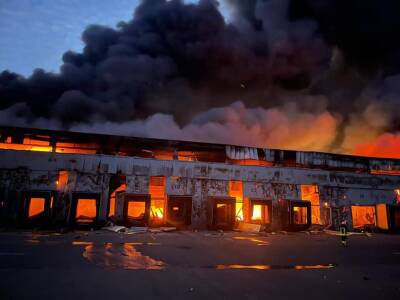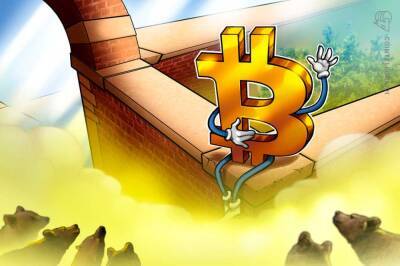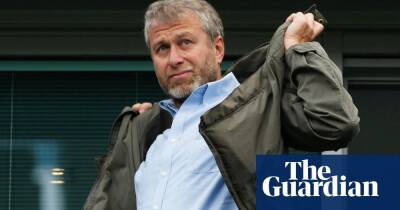UK sanctions confusion left Evraz investors not knowing where to stand
Chelsea fans don’t know where they stand and nor do outside shareholders in Evraz, the FTSE 100 steelmaker where Roman Abramovich is a 29% shareholder.
After the government unveiled sanctions against the oligarch on Thursday morning, trading in Evraz’s shares continued for more than an hour before the Financial Conduct Authority, in charge of listings on the London Stock Exchange, ordered a temporary suspension at 11am. The FCA said it had acted “in order to protect investors pending clarification of the impact of the UK sanctions”.
Well, yes, clarification is definitely required, because a reader of the asset freeze order against Abramovich would immediately wonder why Evraz itself hadn’t also been sanctioned. Here’s one passage: Abramovich “is or has been involved in destabilising Ukraine and undermining and threatening the territorial integrity, sovereignty and independence of Ukraine, via Evraz plc”.
In the gap between the government’s move and the FCA’s, Evraz’s shares fell from 93p to 82p. The stock is thinly traded (Abramovich isn’t the only chunky holder) but a few wide-awake investors may have used the window to get out quickly. That, in most books, counts as a disorderly market.
It’s hard to blame the FCA if it wasn’t given advance warning by government officials, but the market-related angle to the sanctions process in the past fortnight has been chaotic. With the global depositary receipts at sanctioned Russian companies, authorities veered from allowing outside investors to trade to slamming down the shutters suddenly. If there was an underlying methodology, it was hard to spot.
Evraz popped up later in the day to argue that UK financial sanctions should not apply to the company itself and that it doesn’t
Read more on theguardian.com




















